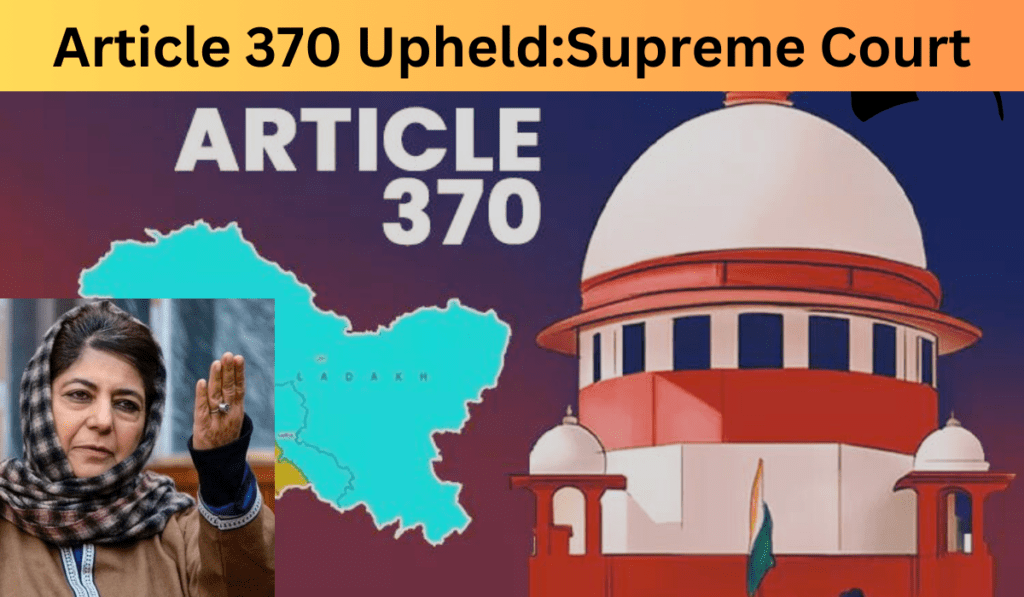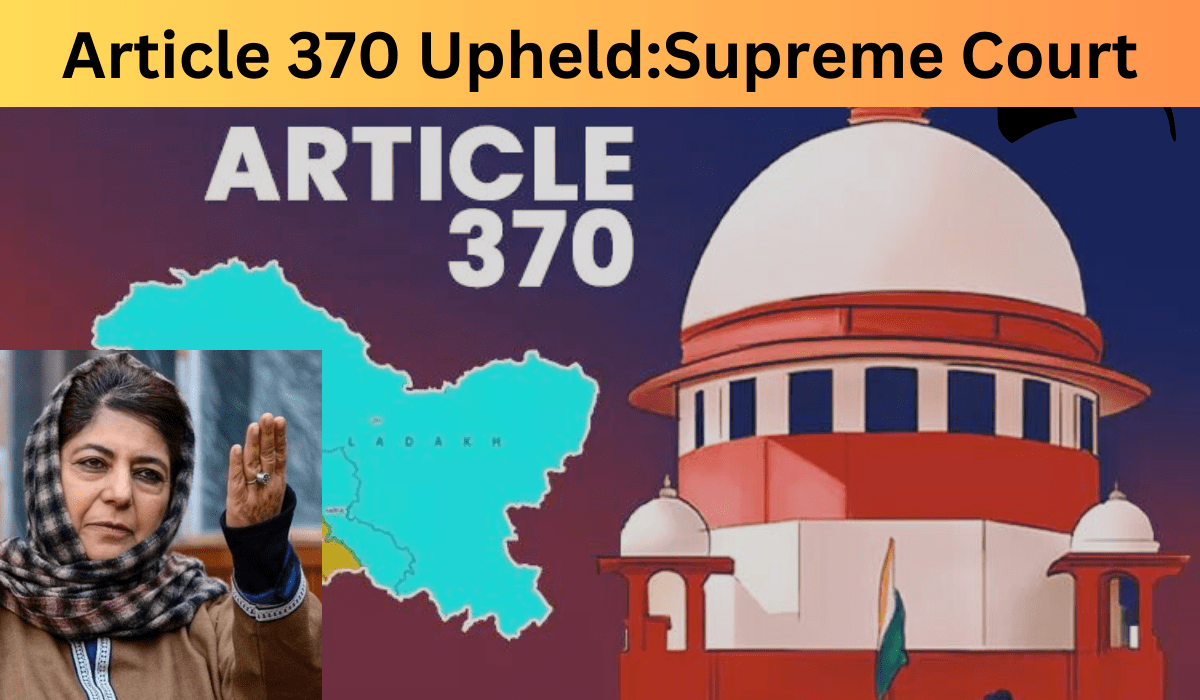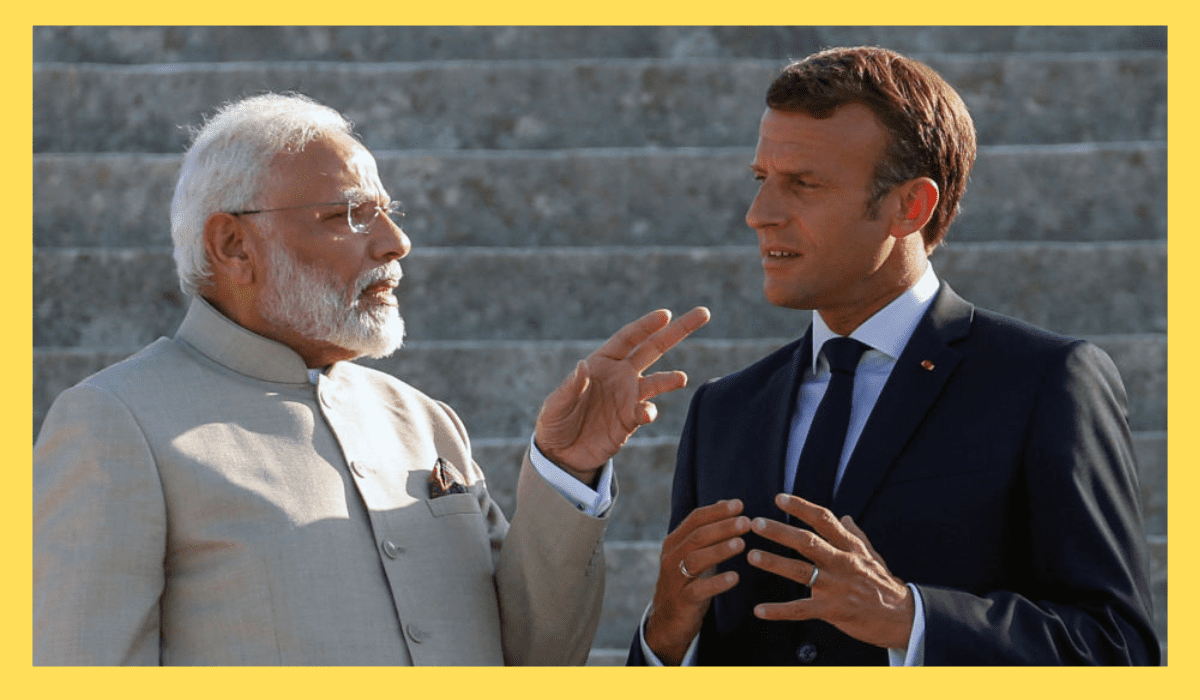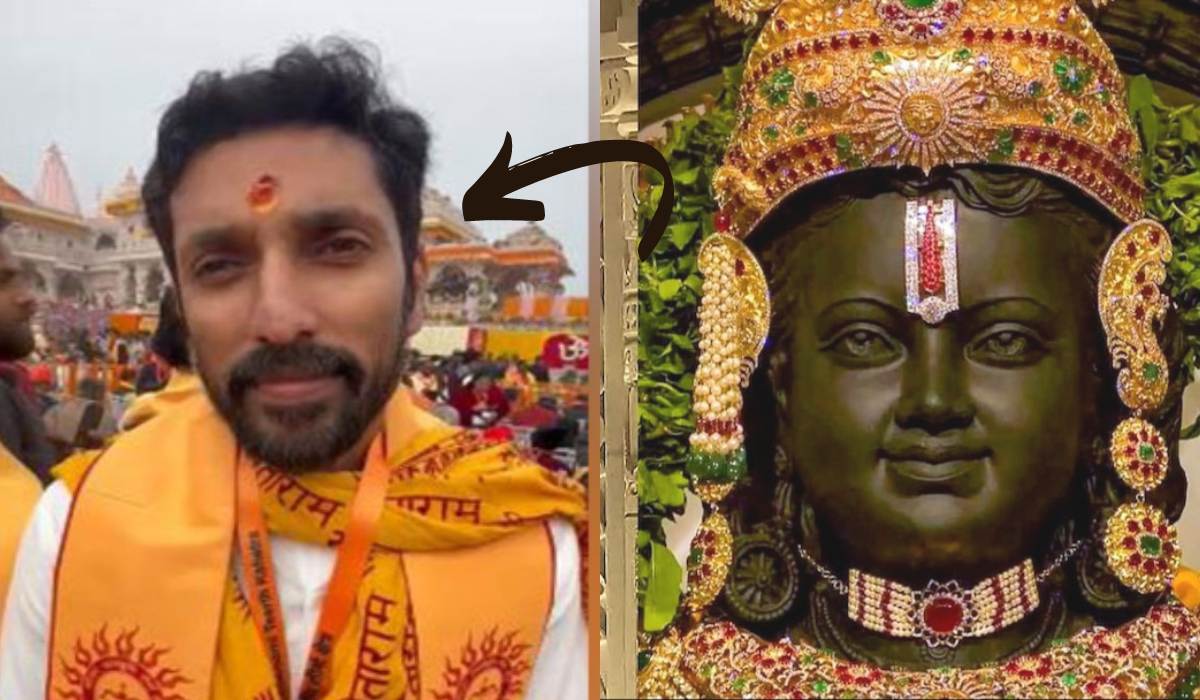
In a significant ruling, the Supreme Court has upheld the abrogation of Article 370, which granted special status to Jammu and Kashmir. This move has been a point of contention, with various petitions challenging its abrogation.
Article 370, What’s the Fuss?
Let’s break it down. Article 370 was a temporary provision intended as a stopgap measure due to war conditions in the state. The court emphasized that not every government decision can be challenged, and in this case, the President’s order to revoke Article 370 was deemed valid, not malicious.
div style=”overflow:hidden;position: relative;”>
Jammu and Kashmir’s Sovereignty?
The court clarified that Jammu and Kashmir does not possess internal sovereignty. Referring to the agreement signed by Maharaja Hari Singh, it highlighted that the Indian Constitution was declared final, and Jammu and Kashmir had no sovereignty when it joined India. The court stressed that Article 370 aimed at integration, not disintegration.
What’s Abrogation, Anyway?
Abrogation means repeal or cancellation, often in a legal context. Think of it as scrapping an old law or rule, rendering it null and void. This term became relevant with the removal of Article 370, essentially canceling the special status of Jammu and Kashmir.
Why Article 370? A Quick History
Now, let’s delve into the backstory of Article 370. It was initially introduced as a temporary provision during the integration of princely states after India gained independence in 1947. This article granted Jammu and Kashmir a special status, allowing it to have its own constitution and decision-making authority, except in defense, foreign affairs, finance, and communications.
Over time, this “temporary” provision became a source of debate. Critics argued that it impeded the complete integration of Jammu and Kashmir into the Indian Union. Fast forward to August 2019, and the government, through a Presidential order, abrogated Article 370, effectively revoking Jammu and Kashmir’s special status.
Supreme Court’s Verdict
Now, back to the recent Supreme Court ruling. A five-judge Constitution Bench, led by Chief Justice DY Chandrachud, unanimously declared the abrogation valid. The court emphasized that Article 370 was always intended as an interim arrangement, addressing unique circumstances during the state’s accession to India.
Crucially, the court asserted that Article 370 did not freeze Jammu and Kashmir’s integration but rather facilitated it. The decision to carve out the Union Territory of Ladakh was also upheld, with the court directing the Election Commission of India to conduct polls under Section 14 of the Reorganisation Act and reinstate statehood promptly.
In a short
So, in simpler terms, Article 370, a temporary provision, was scrapped because it had served its purpose, and the Supreme Court confirmed the legality of this move. Jammu and Kashmir’s unique status didn’t equate to sovereignty, and the abrogation aimed at better integrating the region into the Indian Union.
In the grand scheme, the Supreme Court’s decision reinforces the principle that not every government action is up for grabs in the legal arena. It’s a nuanced move, closing a chapter in Jammu and Kashmir’s history while shaping its future within the broader framework of the Indian Union.





